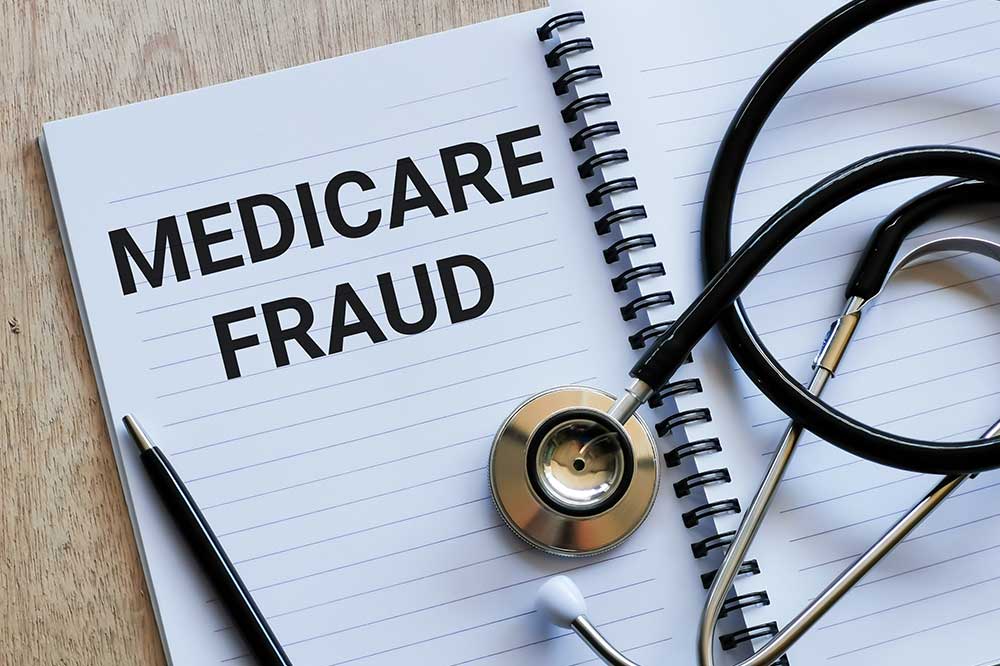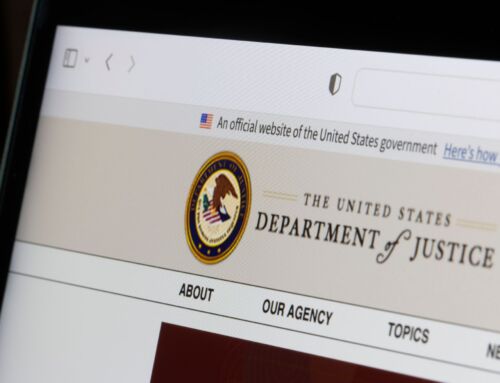
Millions of Americans are enrolled in Medicare Advantage insurance plans through private insurance companies. These companies sometimes defraud the federal government by submitting false risk-adjustment data.
What Is Risk Adjustment Fraud?
The Centers for Medicare and Medicaid Services (CMS) pays Medicare Advantage plans a fixed monthly amount per beneficiary to provide health benefits. However, CMS recognizes that insuring some patients with certain medical conditions is more costly. To incentivize insurance companies to enroll beneficiaries with serious illnesses, CMS makes “risk adjustment” payments for patients with certain diseases.
Risk-adjustment payments are calculated according to a “risk score” tied to each patient’s diagnosis. A plan requesting an increased payment must produce the medical records supporting the patient’s diagnosis, confirm that the diagnosis was determined or treated by a qualified provider, verify the treatment was provided during the qualified year, and verify that the treatment occurred during an in-person visit.
Medicare Advantage plans sometimes commit fraud by submitting inaccurate risk adjustment data and miscalculating a patient’s risk score. In some cases, plans claim risk-adjustment payments for illnesses or conditions the patient does not have. These fraudulent claims are violations of the federal False Claims Act. Whistleblowers with information about this type of fraud can receive a reward for filing a successful qui tam lawsuit under the False Claims Act.
The government considers risk-adjustment fraud to be a top enforcement priority. For example, in 2018, DaVita Medical Holdings LLC paid $270 million to resolve various allegations of fraud, including the submitting of incorrect diagnosis codes to CMS.
This settlement represents just the tip of the iceberg. According to the nonprofit Center for Public Integrity, the government overpaid Medicare Advantage plans by nearly $70 billion from 2008 through 2013. Patient risk scores have also increased sharply in recent years, which experts and researchers attribute to aggressive—and perhaps fraudulent—billing practices.
Common Risk Adjustment Fraud Tactics
Below are just a few examples of ways in which insurers commit risk adjustment fraud:
- Submitting a claim for a condition the patient did not have or was not treated for
- Exaggerating the severity of a condition by “upcoding” the diagnosis
- Incentivizing doctors and other healthcare providers to “upcode” diagnoses
How You Can Stop Risk Adjustment Fraud
Whistleblowers are vital in the investigation and prosecution of risk adjustment fraud cases. Doctors, hospital staff, healthcare workers, and insurance provider employees with information about fraudulent practices related to risk adjustment can help. The False Claims Act protects whistleblowers from retaliation and provides financial incentives for individuals that come forward with evidence of risk adjustment fraud.
Our Team
With over 30 years of experience, the attorneys on Baron & Budd’s whistleblower representation team have represented dozens of clients in government fraud cases returning over $5.4 billion to federal and state agencies, with whistleblower recovery shares as high as 49%. They are ready to help if you have evidence of risk-adjustment fraud.
Please call (866) 845-2164 or complete our contact form if you would like more information. For more information, see What You Need to Know About Becoming a Whistleblower. Please understand that contacting us does not mean that you have established an attorney-client relationship with Baron & Budd, P.C.
Get Answers Now
Get a free case evaluation to help determine your legal rights.




